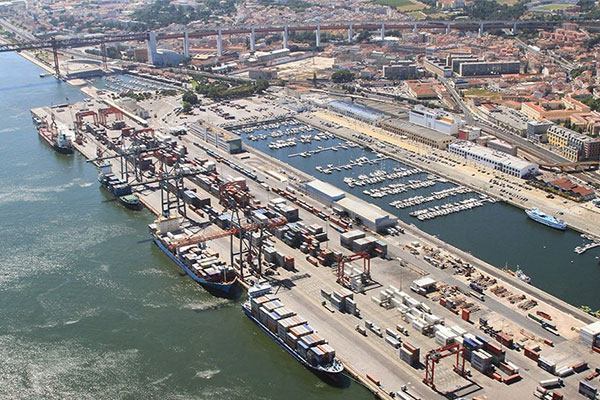
What special qualifications are needed to act as an agent for foreign beverages?
According to the latest trade agreement for Year 2025, agents dealing in food and beverage products must simultaneously meetImport and export dual qualifications:
- Exporters are required to provide:
- HACCP food safety certification
- Certificate of sanitary origin
- Special certifications such as halal/organic (subject to target market requirements)
- Importers should possess:
- International Certification Requirements
- Food import filing certificate
- Specific ingredient testing reports (e.g., alcohol business license required for alcoholic beverages)
DrinkingAgency export,According to the latest 2025 version of the
Mature agency models includeFive-stage standardized operations:
- Product compliance verification (6-8 weeks)
- Cross-border compliance review of formula ingredients
- Packaging label localization adaptation
- Agency agreement signing (key clauses):
- Exclusive regional agency rights agreement
- Minimum purchase quantity guarantee clause
- International logisticsSolution formulation (recommended combined transportation)
- Pre-clearance document review (to avoid port detention risks)
- After-sales service system setup (including near-expiry product handling solutions)
What hidden expenses are included in agency costs?
In addition to visible cargo value, special attention should be paid toThree types of hidden costs:
- Compliance costs:
- New Year 2025 food contact material testing fees (approximately USD1200/batch)
- Annual halal certification fees for Muslim countries
- Technical costs:
- Mandatory Chinese labeling printing fees
- Cold chain transportation temperature control system rental fees
- Policy-related costs:
- Anti-dumping deposit (e.g. when acting as agent for EU carbonated beverages)
- Environmental protection surcharge (plastic packaging products)
What special requirements exist for beverage customs clearance?
According to Announcement No. 72 of the General Administration of Customs in 2025, special attention should be paid to beverage product customs clearance:
- Documentation requirements:
- Nutrition facts table must indicate dietary fiber content
- Remaining shelf life must not be less than 2/3 of total duration
- Physical product requirements:
- Canned products must pass pressure resistance test (≥90kPa)
- Glass bottle packaging mandatory requirement for pallet reinforcement
- Special regulations for emerging markets:
- Southeast Asian countries require sugar content warning labels
- Middle Eastern countries prohibit use of golden bottle caps
How to prevent export agency risks?
Proposal to establisha three - level risk prevention and control system:
- Prevention and control in advance:
- Purchase product liability insurance (recommended coverage ≥200% of cargo value)
- Include quality-related return shipment clauses
- During - event monitoring:
- Pre-shipment third-party inspection (focus on checking legibility of product codes)
- Real-time transportation temperature monitoring (data chain preservation for 180 days)
- Response after the event:
- Establish 2% loss reserve inventory
- Develop product recall contingency plan
How to select promising agency brands?
Premium agency brands should meetThree-dimensional evaluation criteria:
- Market dimension:
- Annual import growth rate in target countries ≥15%
- Local competitor substitution rate <30%
- Product dimensions:
- Shelf life >12 months (applicable for sea freight)
- Drop resistance coefficient of packaging ≥Grade G
- Policy dimensions:
- Enjoy tariff preferences under free trade agreements
- Not included in the list of technical trade measures
What are the new changes in beverage tariffs for 2025?
According to RCEP comprehensive implementation arrangements:
- Favorable categories:
- Fruit and vegetable juice tariffs reduced to 0-5% (originally 8-15%)
- Plant-based protein beverages applicable for cumulative rules of origin
- Restricted categories:
- Sugar content >8g/100ml subject to health tax
- PET bottled beverages subject to additional environmental tax
- Specifically reminded:
- EU carbon border tax pilot covers beverage transportation
- US imposes 15% additional tax on beverages containing artificial colors


 Follow Customer Service WeChat
Follow Customer Service WeChat